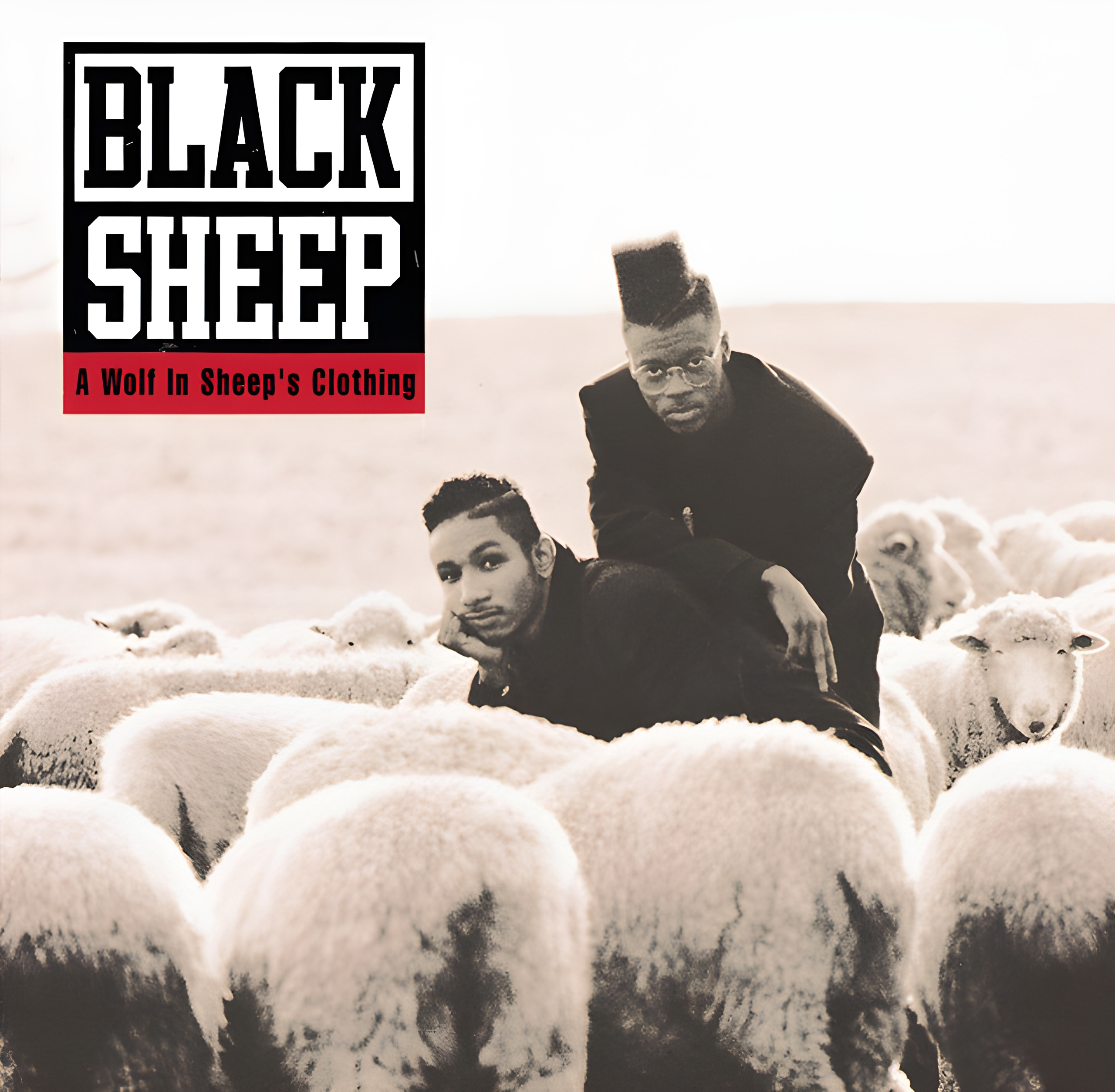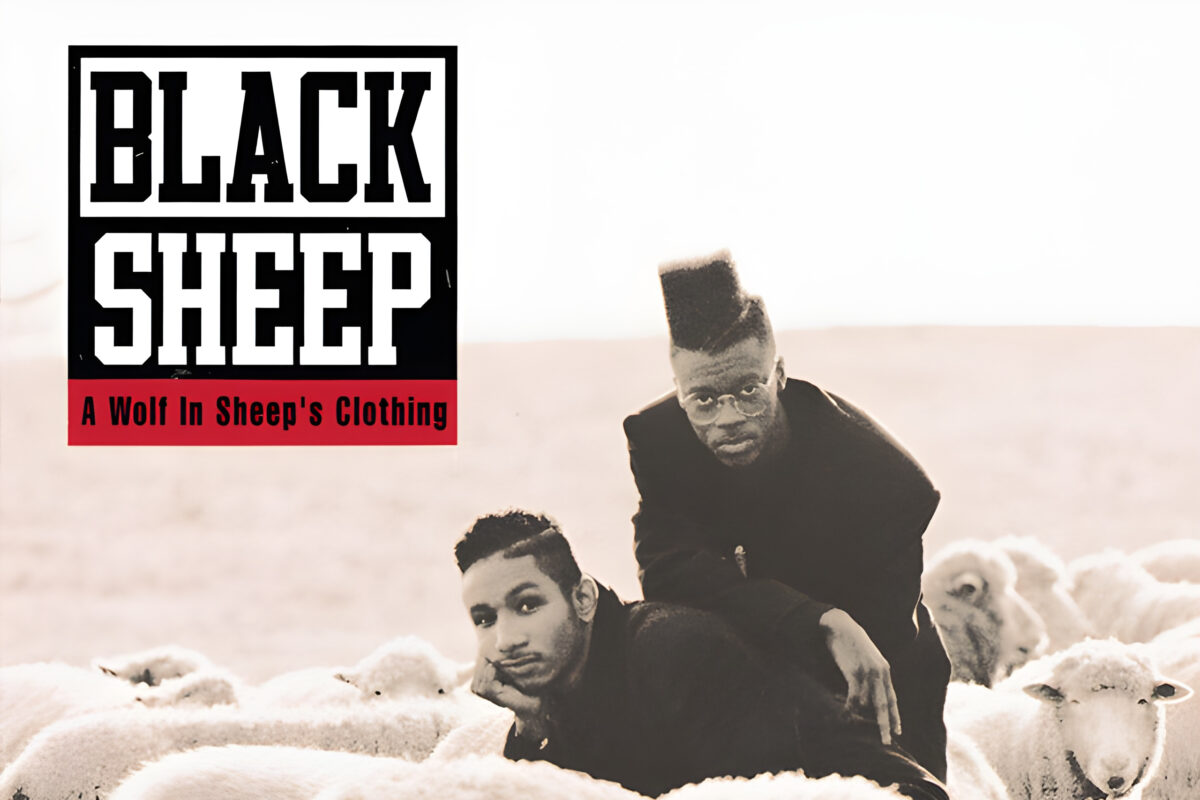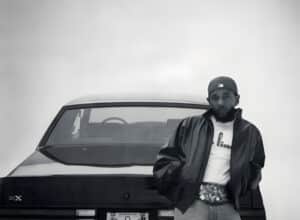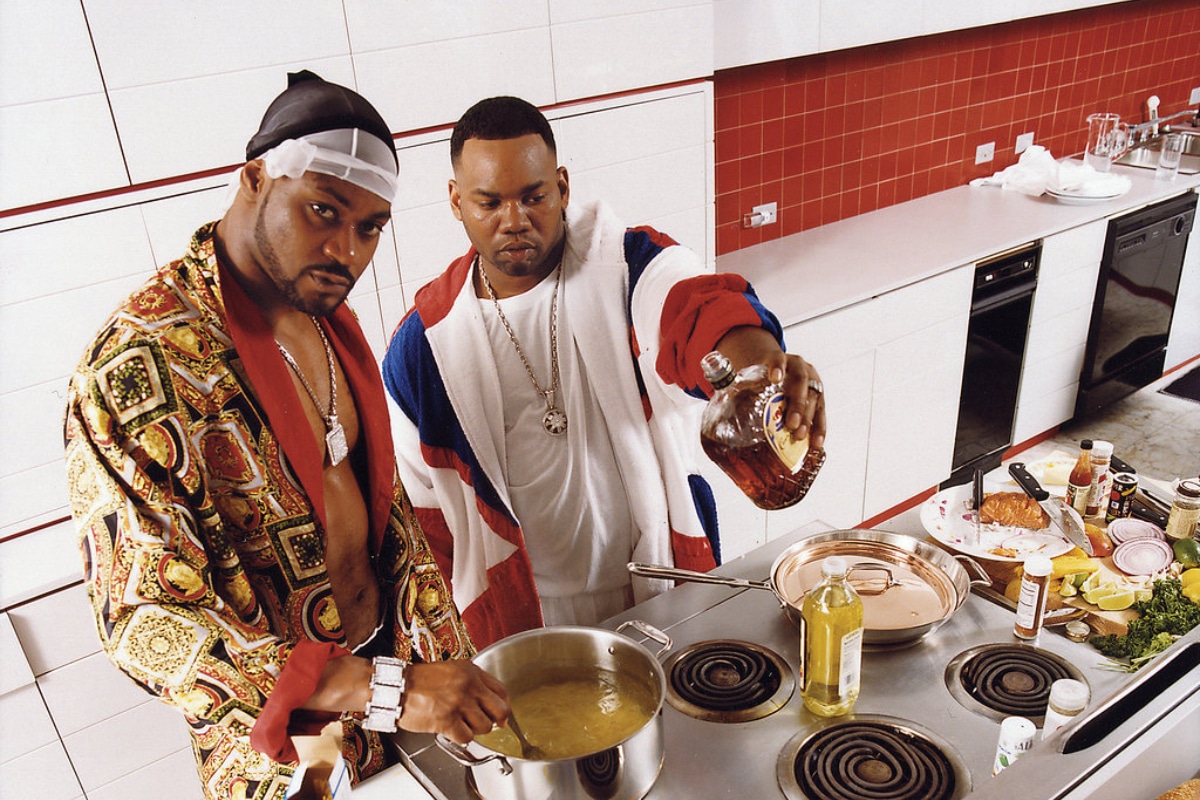Released: 1991
Black Sheep’s “Blunted 10” is a track that captures the quintessential 90s hip-hop vibe, wrapped up in the mellow essence of being laid-back on a Friday night with friends. The song portrays the charisma and confidence of Dres as he navigates through a typical night out, intertwining experiences of urban life, self-awareness, and the relentless grind that defines hip-hop culture.
The hook, albeit not explicitly repeated in a traditional format, serves as a casual, recurring theme throughout the song—embracing the concept of unwinding with friends and taking in the vibe of the city at night. It frames the overall tone as relaxed yet assertive, reinforcing a sense of belonging and social connection among his peers. The recurring use of “Bust it, bust it” emphasizes an unpretentious start, indicating it’s time to settle into the night.
The opening verse establishes the scene: a Friday night with friends, notably including Mista Lawnge and others like Jermaine and Joe. Dres starts by situating himself and making it clear that his reputation and identity are solidified within the hip-hop community. He is confident, familiar with the streets, and acknowledged for his distinct sound—it’s an assertion of his role and presence.

“I been around, I been around” captures the repetitive, rhythmic introduction to his lyrical journey. Here, Dres underscores his experience and established nature in the urban landscape. His confidence is unshakable; he reassures listeners of his grounding, juxtaposing his depth against the superficial engagement of many in the scene. This serves as both an introduction and a declaration.
Dres navigates into personal anecdotes about interactions with women, hinting at mutual respect and authenticity in relationships. He doesn’t hold back on honesty, stating that connections are made from real intentions, “it’s cause they’re out to come correct.” His playful braggadocio around being selected by women isn’t purely superficial but wrapped in the need for genuine interaction.
In discussing his “phone book” and his accumulation of “fat figures,” Dres points out the juxtaposition of personal success and how it’s perceived by others. Here, the reference to the phone book can symbolize network or reputation, suggesting his well-established social circles and influence. Meanwhile, he also emphasizes the criticism and scrutiny he faces due to his success.
The mention of his finger on the “trigga” alludes to both the power he holds and the ever-present tension in the hip-hop industry and life in urban spaces. Dres uses this metaphor to comment on how success often brings as much hatred as it does adoration, signaling a survivalist mindset necessary to thrive in his world.
There’s an interesting cultural reference when Dres warns those with ‘plastic’ jeans to stay away. In essence, he’s emphasizing authenticity and rejecting superficiality—those who ‘front’ with fake or exaggerated personalities aren’t welcomed. The contrast of “real” vs. “fake” in hip-hop has been a long-standing discussion and Dres echoes it here effectively.
“Fightin over cities” presents a social commentary on how personal struggles and conflicts mirror broader societal issues. Here, Dres compares the “liberation” on his block with that elsewhere, indicating a shared struggle for control and identity, whether it’s battling for territory or personal recognition.
Closing with “life is what you make it,” Dres echoes a common hip-hop sentiment that life’s outcomes are molded by personal effort and resilience. It’s a call to empowerment, urging listeners to step forward confidently in their personal narratives, mirroring his journey of success, determination, and staying true to one’s roots. In essence, “Blunted 10” captures a slice of urban life with laid-back confidence, narrating Dres’s command of his environment and interactions.








